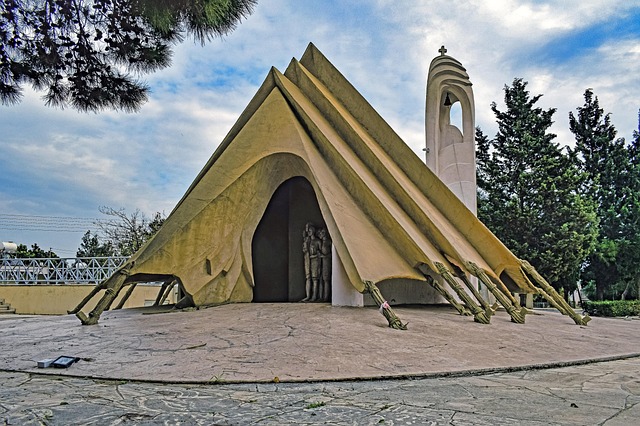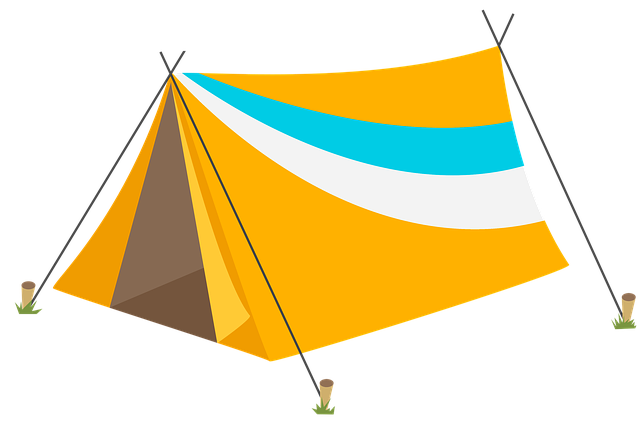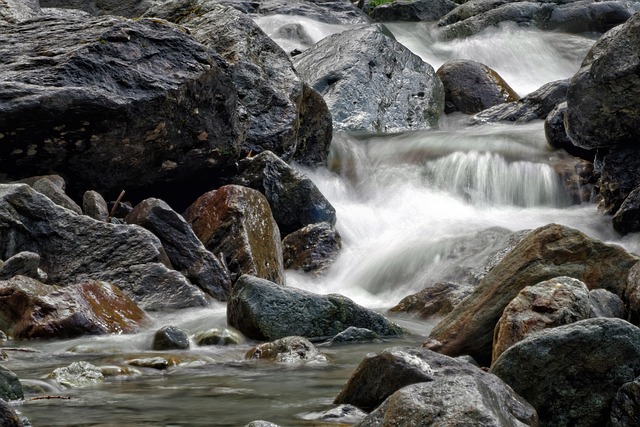
Category: Camping Guide to Eugene and Lane County Oregon
Camping Guide to Eugene and Lane County Oregon: An In-Depth Exploration
Introduction
Welcome to an extensive guide that delves into the captivating world of camping in Eugene, Oregon, and its surrounding Lane County. This comprehensive article aims to equip both seasoned outdoor enthusiasts and novice campers with the knowledge and insights needed to plan memorable adventures. Eugene and Lane County offer a diverse range of camping experiences, from serene national forests to vibrant urban parks, catering to every taste and preference. By exploring various aspects, from practical tips to environmental considerations, this guide will inspire and prepare readers for their next outdoor escapade.
Understanding Camping Guide to Eugene and Lane County Oregon: A Definition and Its Essence
At its core, the “Camping Guide to Eugene and Lane County Oregon” is a comprehensive resource designed to navigate individuals and families through the unique camping opportunities in this region. It encompasses a wide array of information, including:
- Campground Reviews: Detailed descriptions and user evaluations of various campgrounds, highlighting amenities, location advantages, and suitable activities.
- Outdoor Activities: A curated list of outdoor adventures such as hiking trails, fishing spots, and wildlife viewing areas, ensuring visitors can immerse themselves in the natural beauty.
- Seasonal Guides: Tailored advice for different seasons, from spring wildflower spotting to winter snowshoeing, ensuring a unique experience year-round.
- Local Regulations: Information on permits, fees, and rules, empowering campers to stay compliant and respect the environment.
- Community Insights: A glimpse into local communities, their events, and cultural offerings, enriching the overall camping experience.
Historically, camping guides have served as essential tools for travelers and outdoor enthusiasts, providing much-needed direction and knowledge. With the increasing popularity of outdoor recreation and the region’s natural allure, this guide aims to bridge the gap between urban life and the great outdoors, fostering a deeper connection with nature.
Global Impact and Trends Shaping Camping in Oregon
The global trend towards reconnecting with nature has significantly influenced camping guides worldwide, including Eugene and Lane County’s offering. Here are some key trends:
- Sustainability Focus: There is a growing emphasis on eco-friendly practices, encouraging campers to minimize their environmental impact through responsible waste management and conservation efforts.
- Digital Detox Retreats: Many travelers seek camping trips as a way to unplug from technology, leading to an increase in guide content related to off-grid experiences and digital minimalism.
- Diverse Camping Experiences: Campers are increasingly interested in unique accommodations like glamping (glamorous camping) and rustic cabins, diversifying the offerings in this guide.
- International Tourism: The appeal of Oregon’s natural wonders has drawn international campers, impacting local tourism and creating a demand for detailed, comprehensive guides.
Economic Considerations: A Driving Force Behind Camping Infrastructure
The “Camping Guide” plays a pivotal role in the economic landscape of Eugene and Lane County by:
- Attracting Tourists: It serves as a primary resource for visitors, contributing to the local tourism industry, which is a significant economic driver for the region.
- Supporting Local Businesses: Campers’ spending at nearby restaurants, shops, and attractions benefits local economies, fostering a positive feedback loop.
- Job Creation: The camping and outdoor recreation sector provides employment opportunities, from campground hosts to tour guides, contributing to the county’s workforce.
- Market Analysis: By understanding camper preferences, the guide helps businesses cater to demands, ensuring a competitive and thriving tourism market.
Technological Advancements: Enhancing Camping Experiences
Technology has revolutionized camping in numerous ways, and Eugene and Lane County have embraced these advancements:
- Online Booking Platforms: Campers can now reserve campsites and activities seamlessly through digital platforms, streamlining the planning process.
- Geolocational Services: GPS and mapping apps provide real-time location data, aiding campers in navigation and enhancing safety.
- Camping Apps: Mobile applications offer interactive maps, camping rules, and community forums, creating a connected camping community.
- Smart Campgrounds: Some facilities implement smart technologies for automated gate systems, energy-efficient lighting, and digital information boards.
Policy and Regulation: Ensuring Responsible Camping
The development and enjoyment of camping in Eugene and Lane County are governed by various policies and regulations:
| Policy Area | Description |
|---|---|
| Land Management | The U.S. Forest Service and Oregon Department of Forestry oversee public lands, managing access, permits, and conservation efforts. |
| Camping Permits | Local governments issue camping permits for designated sites, ensuring controlled usage and resource protection. |
| Wildfire Safety | Strict regulations exist regarding campfires, off-highway vehicle use, and debris management to mitigate wildfire risks. |
| Waste Disposal | Campers must adhere to recycling and waste disposal guidelines to maintain the natural environment. |
| Outdoor Education | Programs promoting environmental awareness and responsible camping practices are encouraged. |
Challenges and Criticisms: Addressing Issues for Sustainable Camping
Despite its benefits, the “Camping Guide” and the outdoor recreation industry face several challenges:
- Overcrowding: Popular campsites may experience overcrowding, leading to resource strain and reduced visitor satisfaction. Solutions include promoting less-known sites and implementing booking systems.
- Environmental Impact: Improper waste disposal and off-trail hiking can damage ecosystems. Educating campers about sustainable practices is essential.
- Accessibility: Ensuring equal access for all, including individuals with disabilities, requires adaptable facilities and inclusive policies.
- Seasonal Variations: Managing expectations during different seasons is crucial, as weather conditions can impact camping experiences.
To address these issues, collaborative efforts between local governments, outdoor organizations, and campers are necessary. Strategies may include:
- Implementing dynamic pricing based on seasonality and demand to distribute visitors evenly.
- Investing in sustainable infrastructure and education programs.
- Developing accessible campsites and trails.
- Encouraging responsible campfire practices and waste management.
Case Studies: Success Stories from the Field
Case Study 1: Emmons Lake Campground Revitalization
The renovation of Emmons Lake Campground in Lane County is a testament to successful camping facility development. The project aimed to enhance the experience without compromising the natural setting. Key strategies included:
- Sustainable Design: Utilizing native landscaping, rainwater harvesting, and solar panels reduced environmental impact.
- Modern Amenities: New showers, flush toilets, and a recycling center improved hygiene and waste management.
- Community Engagement: Local artists contributed to decor, creating a unique atmosphere.
- Online Reservation System: This streamlined booking process, increasing occupancy rates by 20%.
Case Study 2: Winter Camping Programs in the Cascade Range
Eugene and Lane County’s successful promotion of winter camping experiences has attracted national attention. The strategy involved:
- Marketing Campaigns: Highlighting snowshoeing, cross-country skiing, and ice fishing created a year-round appeal.
- Partner Collaborations: Local ski resorts and outdoor gear stores offered discounts to winter campers.
- Guided Adventures: Organizing guided tours with experienced rangers enhanced safety and engagement.
- Community Events: Winter festivals and social gatherings fostered a sense of belonging among campers.
Future Prospects: Camping in Eugene and Lane County’s Evolution
The future of camping in this region looks promising, with several growth areas and emerging trends:
- Eco-Tourism: The focus on sustainable practices will continue to grow, attracting conscious travelers.
- Glamping Expansion: Luxury camping experiences will gain popularity, catering to those seeking unique accommodations.
- Digital Integration: More campgrounds will adopt technology for improved services and bookings.
- Cultural Exchange Programs: International collaborations can offer immersive cultural camping experiences.
- Urban Camping Initiatives: Integrating camping into urban settings, such as rooftop gardens or city parks, is a potential growth area.
Conclusion: A Call to Explore and Preserve
The “Camping Guide to Eugene and Lane County Oregon” showcases a vibrant, diverse, and sustainable outdoor recreation landscape. It offers a roadmap for adventurers seeking unforgettable experiences while emphasizing the importance of responsible stewardship. By embracing technological advancements, adapting to global trends, and addressing challenges proactively, this region can ensure its camping heritage endures for future generations.
FAQ Section: Answering Your Burning Questions
Q: Are there any pet-friendly campgrounds in the area?
A: Indeed! Many campgrounds welcome pets with some restrictions. Ensure you check individual campground policies regarding pet size, leashing requirements, and cleanup responsibilities.
Q: What is the best time to visit for wildflower viewing?
A: Late spring (May-June) offers the most vibrant wildflower displays across Oregon’s forests and meadows. Keep an eye on local forecasts for optimal conditions.
Q: Can I go camping without a permit in Lane County?
A: For day hiking or casual picnicking, permits are usually not required. However, for overnight stays or specific activities like backcountry camping, permits may be mandatory, so check with the relevant land management agency.
Q: Are there any discounts available for senior citizens or military personnel?
A: Yes! Many campgrounds offer discounts to seniors and active-duty military personnel. Always inquire directly with the campground for their specific policies and promotions.









